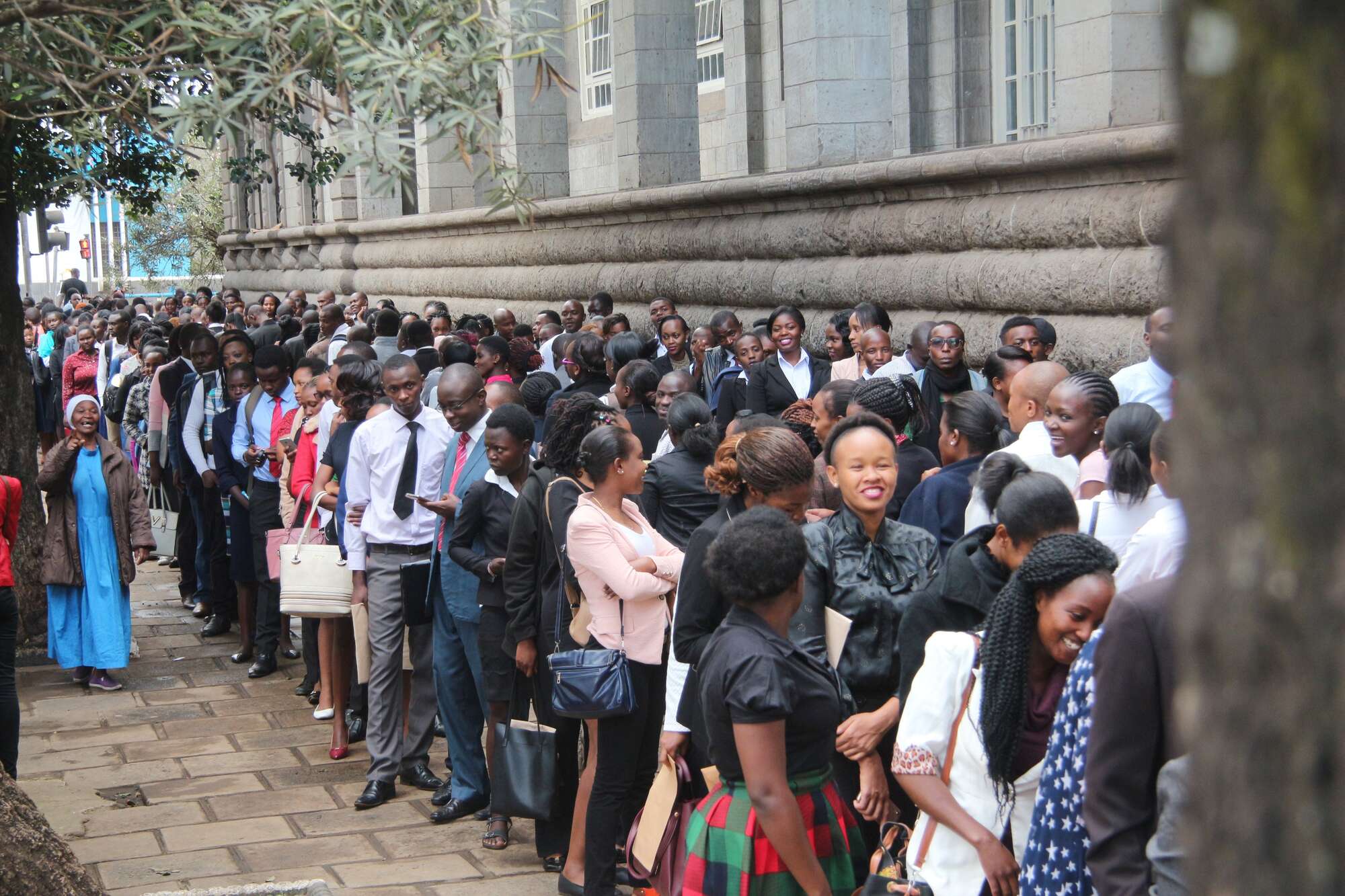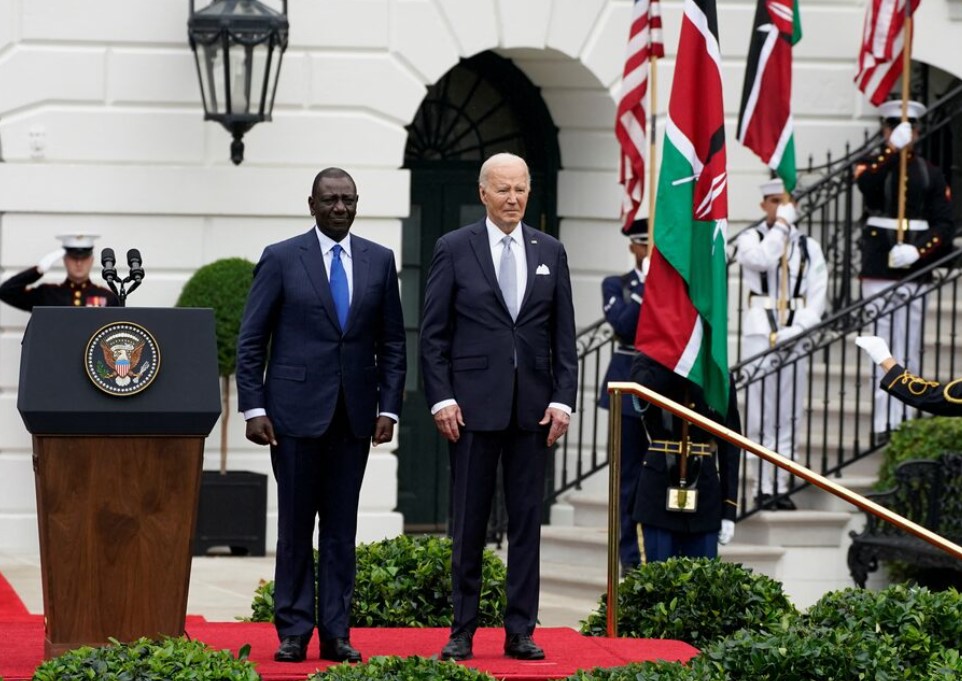African youths the most job insecure globally - UN labour agency

ILO says over one million young people enter the country's labour market annually without any skills, some having either dropped out of school or completed school and not enrolled in any college.
Most youths aged between 19 and 25 who are mostly worried about losing their jobs come from sub-Saharan Africa, a new report has revealed.
The report by the United Nation's International Labour Organisation (ILO), titled 'Global Employment Trends for Youth', shows that 83.3 per cent of youths in the region are afraid of job loss.
More To Read
- Child labour numbers rise in homes where adults are jobless – South African study
- AfDB, ILO unveil youth-centred investment system to spur recognition, inclusion
- KIPPRA flags job creation as key concern despite Kenya’s economic growth
- Blue Economy boom: Over 200 Tana River youths empowered in fisheries venture
- New social protection Bill proposes stipends for Kenyans hit by job losses
- Hopelessness as only 4pc of unemployed Kenyans actively engage in job search
Despite the rebound in economic growth, the report notes that youth employment and unemployment, both in absolute numbers and shares, have signalled recovery in many subregions.
The region ranks first ahead of South-Eastern Asia and the Pacific (77.3 per cent), Latin America and the Caribbean (75.9 per cent), South Asia (71.1 per cent), and North Africa (68.1 per cent).
According to reports, youths in Northern, Southern, and Western Europe fear job loss the least.
Compared to other regions, youths from the continent were also ranked the most pessimistic about economic opportunities in the specific countries.
A total of 80 per cent of the youths surveyed in the region indicated that the opportunities were insufficient, compared to the 18 per cent who noted sufficiency.
According to data from the Federation of Kenya Employers (FKE), Africa has a population of almost 200 million people aged between 15 and 24, which accounts for 40 per cent of the workforce and 60 per cent of the unemployed active labour force.
In light of the negative prospect of job security, the continent could be looking towards an extended crisis, as the federation predicts the continent's labour force to double by 2045.
 Jobseekers queue for interviews in Nairobi, Kenya, in the past. (Photo: Courtesy)
Jobseekers queue for interviews in Nairobi, Kenya, in the past. (Photo: Courtesy)
"This will bring a big challenge to African economies since high youth unemployment is an impending threat to stability in Africa," FKE says.
"This is a problem that the continent must address to avert uprisings and therefore maintain peace to attract investment, create wealth, and provide much-needed employment."
In Kenya, the federation says that although the overall unemployment rate stands at about 12.7 per cent, youth aged 15–34, who form 35 per cent of the Kenyan population, have the highest unemployment rate of about 67 per cent.
The federation says over one million young people enter the country's labour market annually without any skills, some having either dropped out of school or completed school and not enrolled in any college.
According to the ILO, more than 60 per cent of youths in developing countries either lack the necessary skills for specific jobs or possess qualifications that are not suitable for their job.
"Two in three young adult workers in developing economies hold qualifications that do not match well to their job," it reads.
Generally, the labour organisation states that the negative work environment prospects are hindering Africa's progress towards Sustainable Development Goal (SDG) target 8.6, which aims to reduce the rate of youth not in employment, education, or training (NEET).
With the general global economy projected to rebound between 2023 and 2025, following a slight dip in 2024, the ILO projects positive youth employment growth for both young men and women from some regions, with Sub-Saharan Africa contributing the largest share.
"Three-quarters of the projected global youth employment gains through 2025 are expected to come from sub-Saharan Africa."
Top Stories Today












































